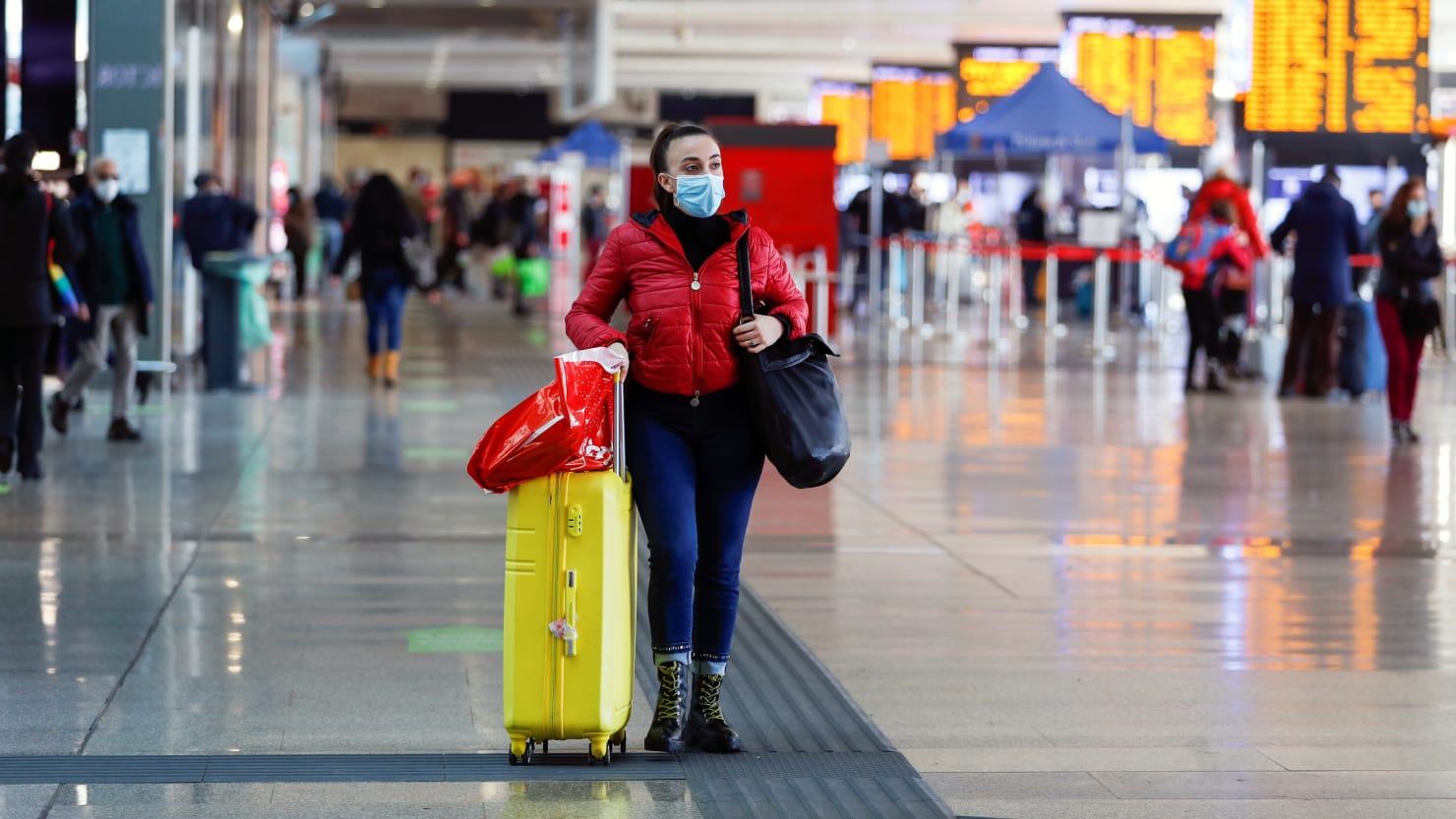ROME – The European Commission will introduce legislation in March that will pave the way for COVID-19 passports with a “digital green pass” with the aim of enabling travel for those who have been vaccinated.
The move, which has been criticized for potential discrimination against those for whom the vaccine is not readily available, was announced Monday by Commission President Ursula von der Leyen. “We will introduce a bill in March,” she told German lawmakers on Monday. “The goal is to gradually enable them to move safely within the European Union or abroad – for work or tourism,” she said in a follow-up tweet.
Unsurprisingly, the move has not been equally embraced by all EU Member States. Greece, which relies on tourists, has already created its own COVID-19 passport to open up the country’s picturesque islands this summer. The Italian island of Sardinia, which is currently Italy’s only restriction-free “white zone” thanks to efforts to control who enters the island, has also said that only vaccinated people can disembark.
The Czech Republic, Poland, Italy, Spain and Portugal all issue a national certificate after full vaccination that is linked to their national health plans, although they are not recognized at the transnational level.
Spain and Italy also welcomed the EU-wide move, while France and Belgium – where the introduction of vaccines faces hurdles – both criticize the plan, saying it would only pave the way to discrimination.
Several countries have also argued that there is a need to prove that vaccinated people cannot transmit the virus, which has yet to be identified by the larger medical community or the World Health Organization.
In January, the EU agreed on the standards for a European certificate of vaccination, but the new legislation would lay the groundwork for eventually moving beyond Europeans, and even foreigners who can prove they have been vaccinated, into the EU without going into quarantine.
Von der Leyen also said she believes 70 percent of all adult citizens of the 27 members should have been vaccinated by the end of the summer, calling it a “target we are sure of”.
